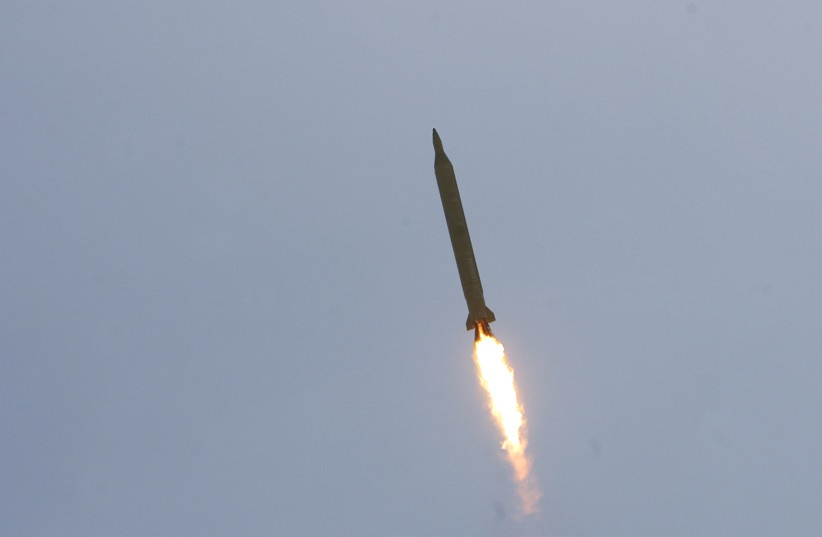
Yemen’s Houthis launch missile at Israel as conflict escalates
On Sunday, Yemen’s Houthi movement launched a missile targeting central Israel, escalating the conflict amid the ongoing war in Gaza. The missile struck areas near Tel Aviv, causing fires and prompting air raid sirens around Ben Gurion Airport. According to Israeli officials, nine people suffered minor injuries. The attack is part of a broader series of Houthi missile and drone strikes linked to the conflict since November 2023.
The Houthis claimed the missile was a hypersonic ballistic missile that traveled 2,000 km from Yemen to Israel in 11 minutes. However, Israeli officials disputed this, stating that the missile did not exhibit the characteristics of hypersonic technology. Analysts suggest it more likely resembled a supersonic missile with possible Iranian design influences.
Israel’s defense systems, including missile interceptors, engaged the projectile. Shrapnel from both the missile and interceptors fell near Kfar Daniel, causing a fire in an open area. The missile strike is part of a series of over 220 attacks by the Houthis targeting Israel in the last 11 months.
In response, Israeli Prime Minister Benjamin Netanyahu warned that the Houthis would face significant consequences for the strike. He framed the incident as part of a broader conflict involving Iran's regional allies. The attack has raised questions about Israel's air defense capabilities, with the Houthis reaching deeper into Israeli territory than previous attempts.
The Houthis' missile strike comes as the conflict between Israel and Gaza continues, with the group signaling solidarity with Palestinians. The incident is viewed as a reflection of the Houthis’ growing military capabilities, potentially supported by regional powers such as Iran. The deeper strike into Israeli territory signals the Houthis' expanding role in the wider regional conflict.
Houthi spokesman Yahya Saree issued a statement following the missile launch, indicating that further attacks could follow as the anniversary of the October 7 Gaza conflict nears. The Houthis have consistently targeted Israeli interests in the region, including shipping routes and infrastructure, as part of their declared support for the Palestinian cause.
The missile attack is seen as a significant development in the ongoing hostilities, highlighting the interconnected nature of conflicts in the Middle East and the involvement of multiple state and non-state actors. With both sides exchanging retaliatory actions, the potential for further escalation remains high as regional tensions continue to intensify.







